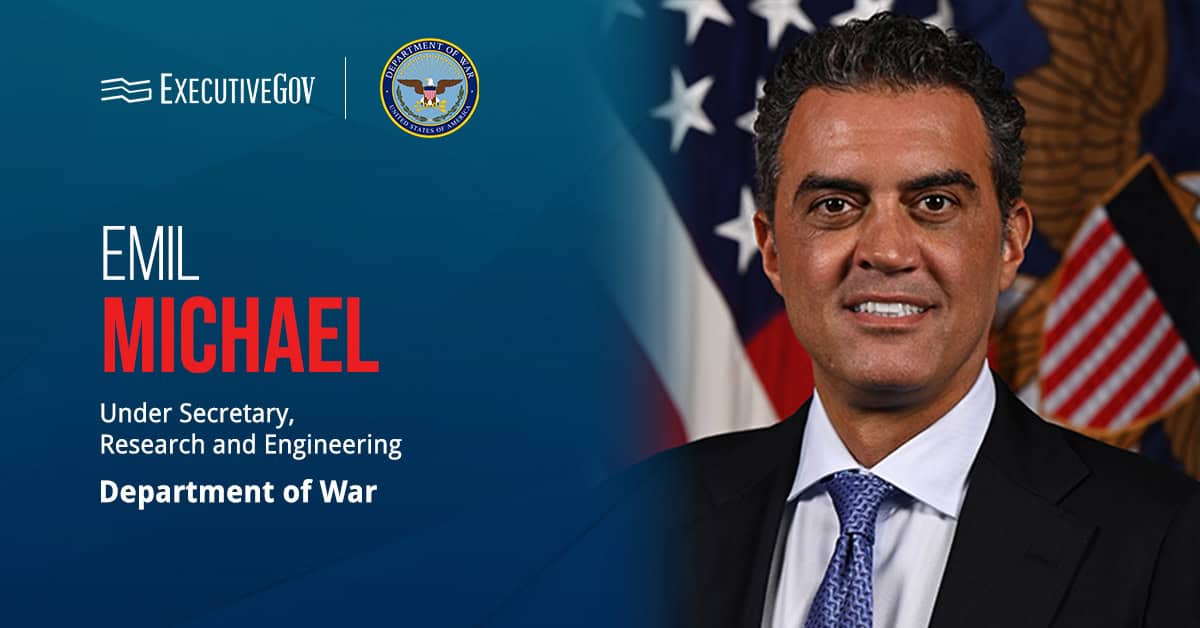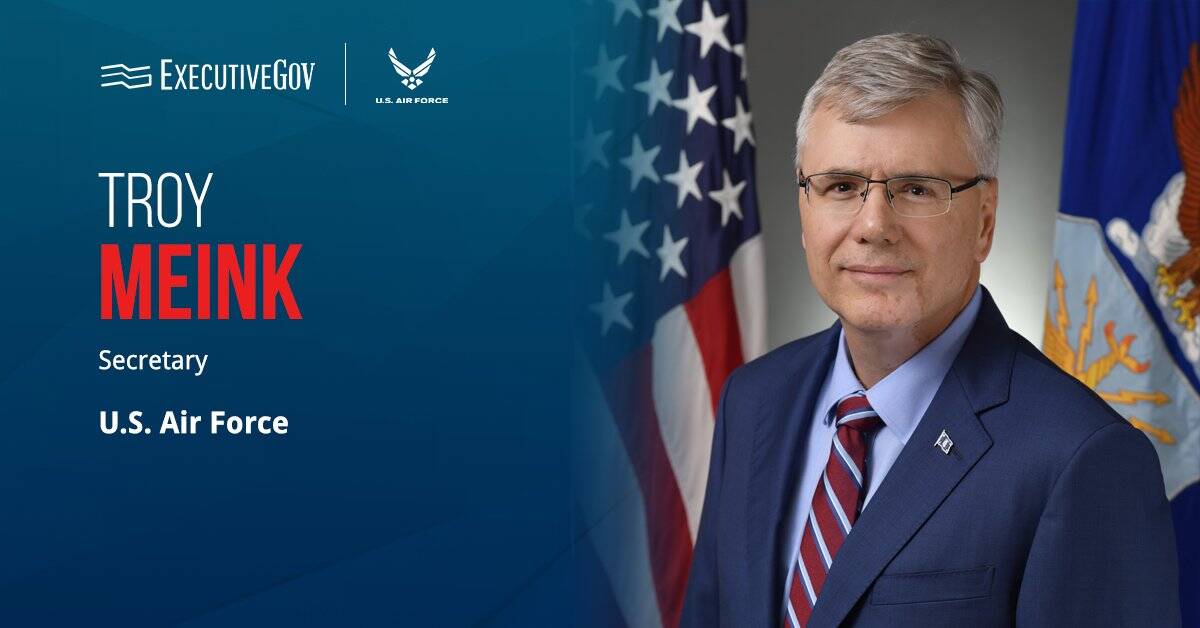Susan Motil, a 31-year NASA veteran, has been named deputy director at Glenn Research Center in Cleveland. Motil has succeeded Marla Perez-Davis, who assumed the role of director in January 2020, the agency said Wednesday.
Motil will help Perez-Davis plan, organize and oversee the center's agency-level initiatives and projects under her new role.
Prior to her appointment, Motil supervised the European Service Module Integration Office for NASA's Orion program. She also led Glenn Research Center's various projects including the Space Environmental Test and Altair efforts.
Motil obtained her bachelor's degree at Cleveland State University.





